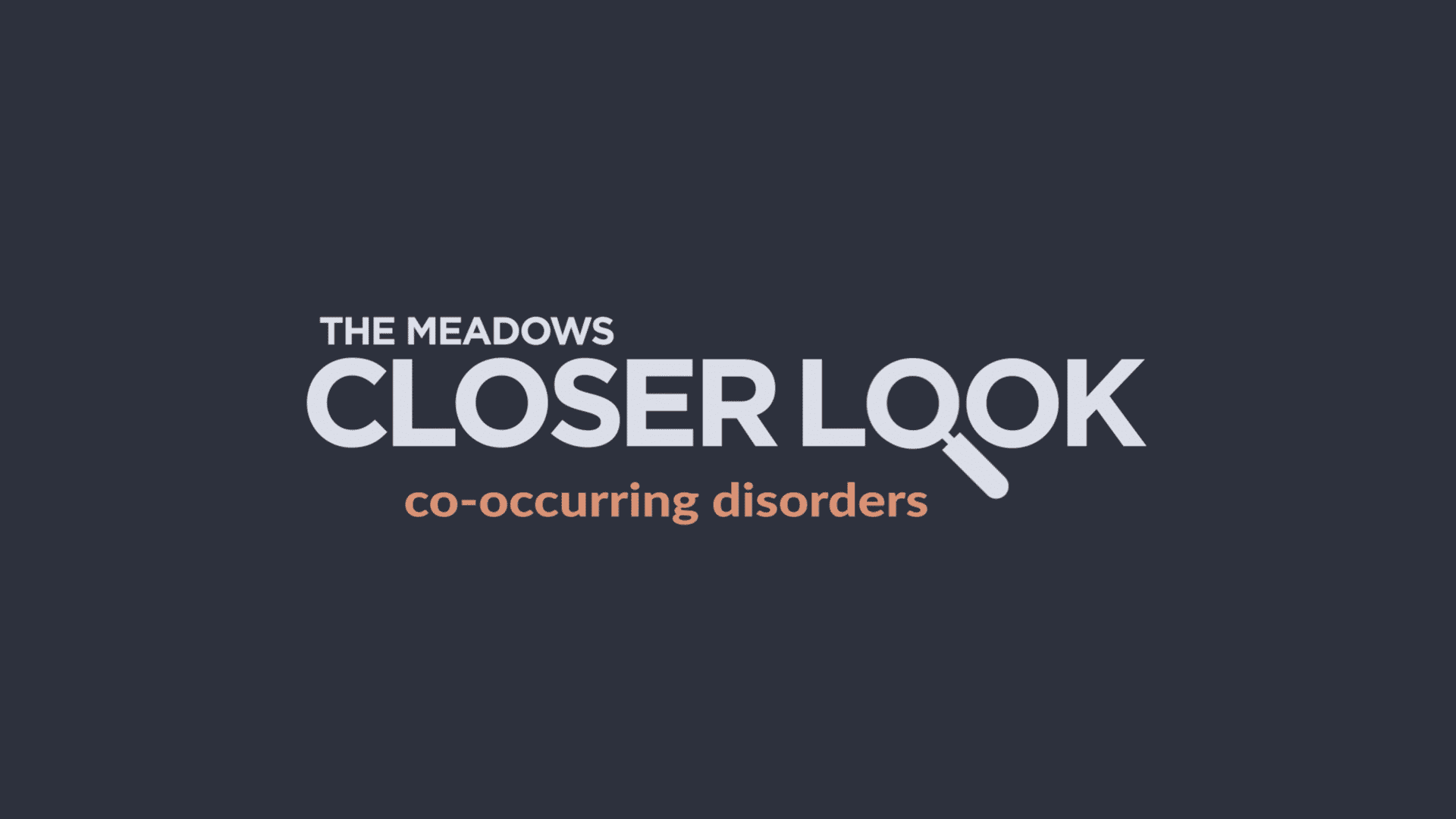Dual Diagnosis
The combination of a co-occurring substance use disorder and mental health issue
Effects of a Dual Diagnosis
Addiction and mental health conditions often perpetuate each other. Those who suffer from a mental health disorder may turn to drugs or alcohol to manage their symptoms, which can lead to addiction. For example, a person who has a social anxiety disorder may use alcohol as a way to help ease the symptoms that result from that condition. However, self-medicating in this way often only serves to make the problems worse. The underlying issues of the social anxiety disorder are left unaddressed, and the alcohol abuse gets worse as the person becomes more reliant on drinking to cope.
Alternatively, drug or alcohol addiction can spur the development of conditions like anxiety, depression, and even psychosis, creating mental health issues that may require treatment. Both conditions need to be addressed so that the individual can recover and lead a healthy life again. A few conditions that most commonly occur alongside alcohol, drug, sex, and or gaming addictions include anxiety, depression, bipolar disorder, personality disorders, and post-traumatic stress disorder (PTSD).
A person may be suffering from a dual diagnosis if he or she:
- Has frequent feelings of anxiety and depression and engages in excessive drug or alcohol use
- Behaves erratically and self-isolates
- Engages in risk-taking behaviors and frequent substance use
- Has mental health symptoms that seem to increase with substance use
- Has a high tolerance for drug or alcohol use
- Engages in compulsory use of drugs or alcohol to sleep or feel relaxed
- Does not seem interested in life activities, is increasingly fearful and closed off
- Experiences aches or physical pain when not using substances
- Continually seeks out substances to relieve pain or alter mood
Admissions
Our experienced, compassionate Admissions team is here to help 24 hours a day and will treat you with the dignity and respect you deserve. Let our specialists help you create a road map to get you where you want to go: a healthier, more balanced, fulfilling place in life. When you call, you’ll be led through a series of questions to determine if the Claudia Black Young Adult Center is the right fit for your needs, and how soon your treatment can begin.
If you are interested in treatment for yourself or a loved one, call or fill out our convenient Admissions form!
CONTACT OUR ADMISSIONS OFFICE
 866-957-4961
866-957-4961
OR COMPLETE AN ADMISSIONS CONTACT FORM
Click below to start the admissions process today


